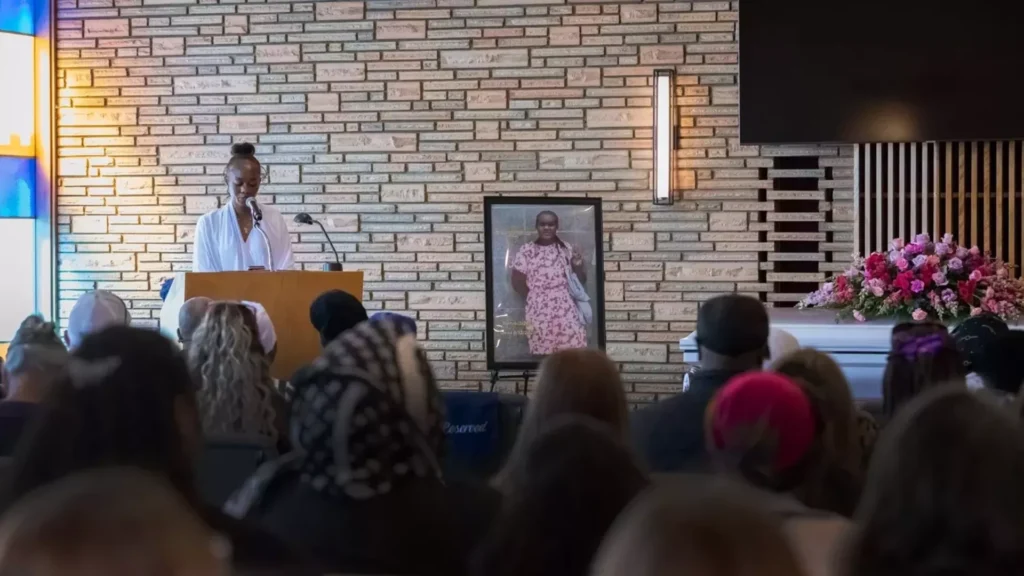Patients, advocates describe ‘pure chaos’ in state response to AHCCCS fraud
![AHCCCS-FRAUD_02[97] Posters of missing Indigenous people are displayed outside of Drumbeat Indian Arts in Phoenix on Sept. 28, 2023, where the advocacy group Stolen People, Stolen Benefits is based. ©Brendon Derr/AZCIR](https://mentalhealthjournalism.org/wp-content/uploads/2023/11/AHCCCS-FRAUD_0297.jpg)
Arizona Center for Investigative Reporting (AZCIR) by Hannah Bassett and Maria Polletta, November 2, 2023: On May 16, as cameras flashed and tribal leaders looked on, Arizona’s governor and attorney general announced a statewide crackdown on behavioral health providers suspected of defrauding the state’s Medicaid program out of hundreds of millions of taxpayer dollars.
Officials revealed the Arizona Health Care Cost Containment System (AHCCCS) had suspended payments to more than 100 providers to tamp down widespread fraud. The state had developed extensive safeguards to help prevent new, unscrupulous operators from cropping up, they said, and had begun rolling out a comprehensive plan to assist and protect the vulnerable, largely Indigenous patients victimized by the scandal.
“It will be a fight, but one that my administration and I are fully committed to,” Gov. Katie Hobbs told reporters. “We will take the actions necessary to bring an end not just to the fraudulent activity, but also to the humanitarian crisis that it has created.”
In the five months since the announcement, the state has fallen short on both fronts, according to patients, advocates and behavioral health providers interviewed by AZCIR. They described last-minute notifications of relevant tribal authorities, a chaotic rollout of a dedicated crisis response line, insufficient vetting of providers meant to fill gaps in housing and treatment, and a lack of oversight that has allowed people affiliated with suspended facilities to quickly reopen new businesses.
The state’s failure to adequately anticipate the impact of widespread suspensions among behavioral health providers has put members of an already susceptible population at further risk of relapse, abuse, homelessness and even death as operators shut down, AZCIR has found. Advocates—and the providers left standing—are struggling to meet the increasingly urgent need for services among displaced tribal members and other victims, from transportation and housing to legitimate addiction treatment.
Read more from AZCIR here.




